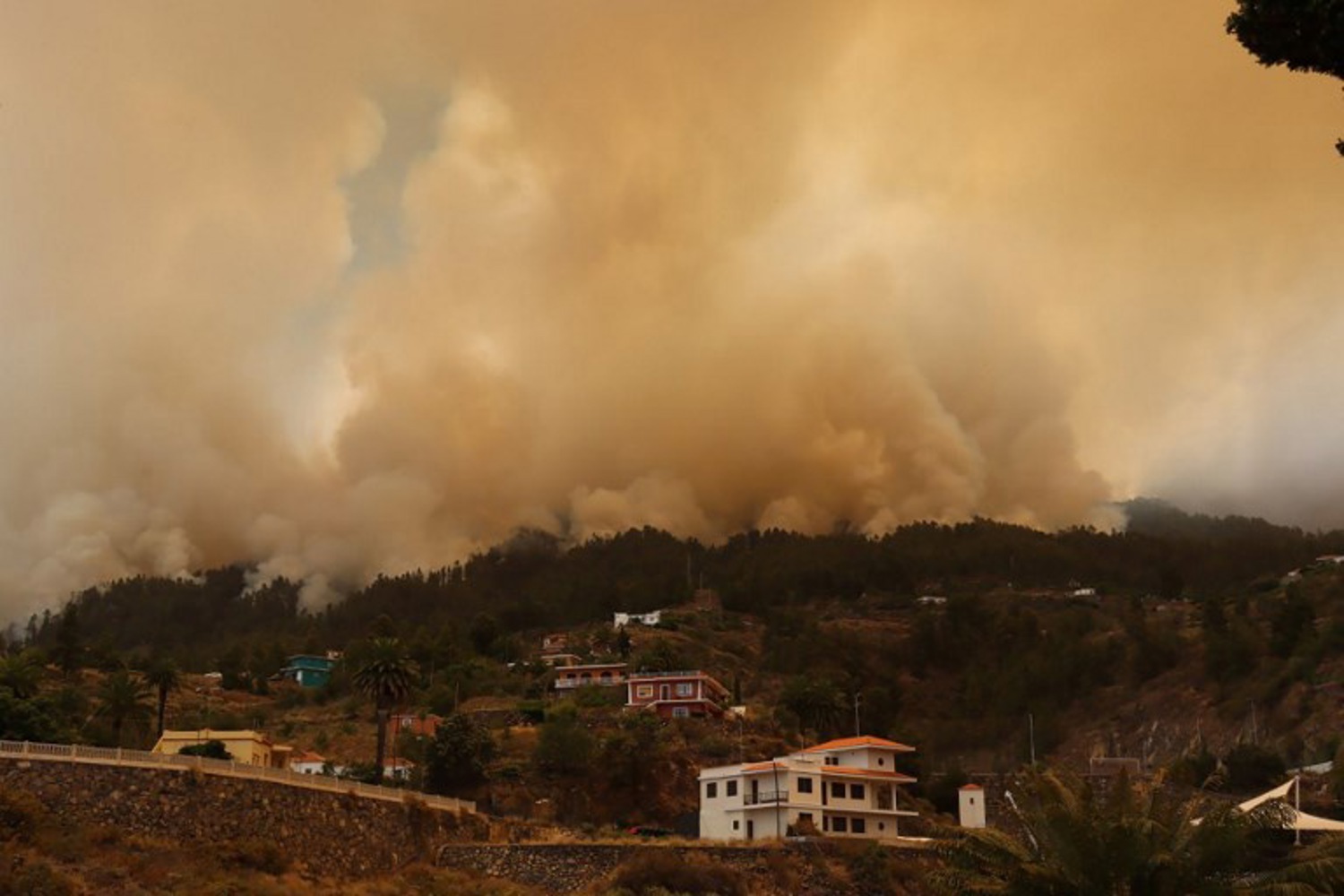This month is not only predicted to be the warmest July on record, but it could also surpass the past record for the warmest month ever.
Following on from the hottest June ever being recorded last month, the EU's Copernicus Climate Change Service (C3S) and the World Meteorological Organisation (WMO) announced that it is extremely likely that July 2023 will break more records, according to ERA5 data it collected.
"The first three weeks of July have been the warmest three-week period on record and the month is on track to be the hottest July and the hottest month on record," the weather agency stated. The previous hottest July and month on record, dating back to 1880, was July 2019.
These temperatures are related to heatwaves in the southwest of the US and Mexico, southern Europe and China. Temperatures exceeded 50°C on 16 July in Death Valley in the US as well as in northwest China. Italy, Greece and Spain repeatedly recorded temperatures over 40°C this month.
"This extreme heat along with wildfires in countries including Canada and Greece, have had major impacts on people's health, the environment and economies," Copernicus said.
Harsh reality of climate change
On 6 July, the global mean surface air temperature surpassed the record set in August 2016, making it the hottest day on record, followed by 5 and 7 July. Meanwhile, the global mean temperature temporarily exceeded the 1.5°C threshold above the pre-industrial level during the first and third week of the month.
These record-breaking temperatures are part of the trend of drastic increases in global temperatures. Anthropogenic emissions from various forms of carbon associated with human activities are ultimately the main driver of these rising temperatures, C3S Director Carlo Buontempo said.
This was also confirmed by a recent study, showing that the maximum temperatures recorded in July 2023 would have been virtually impossible in the US/Mexico region and southern Europe without human-induced climate change.
Since May, the global average sea surface temperature has been "well above" previously observed values for the time of the year, which has further contributed to the exceptionally warm July.

Wildfires at La Palma. Credit: Belga
Both organisations stressed that July's record is unlikely to remain isolated this year. "The extreme weather which has affected many millions of people in July is unfortunately the harsh reality of climate change and a foretaste of the future," said WMO's Secretary-General Professor Petteri Taalas.
"The need to reduce greenhouse gas emissions is more urgent than ever before. Climate action is not a luxury but a must," he added.
Pascal Mailier, a meteorologist at the Royal Meteorological Institute (RMI), stressed that, while many people are familiar with the fact that there is an upward trend in global average temperature, few realise that temperatures in Europe have increased at more than twice the global average over the past 30 years – the highest of any continent in the world.
"In Belgium, global warming of 2°C in 2100 corresponds to an actual warming of more than 4°C... on average," he told The Brussels Times, adding that, as extremely hot days are warming twice as fast as average summer days in North-West Europe, chances of breaking climatological records are increasing very rapidly.
Related News
- Whilst climate change burns southern Europe, Belgian tourism stands to boom
- Meteorological 'barrier': Why Belgium is spared the extreme heat
"Events currently considered extreme – for example, exceeding the 40°C threshold in Belgium – may become commonplace well before the end of this century. How bad it gets depends on how humans will tackle global warming, and this is the biggest unknown in climate prediction."
The WMO predicts that there is a 98% likelihood that at least one of the next five years will be the warmest on record and a 66% chance of temporarily exceeding 1.5°C above the 1850-1900 average for at least one of the five years. Whether the record is officially broken will be revealed on 8 August when the complete ERA5 data for July will be available.

